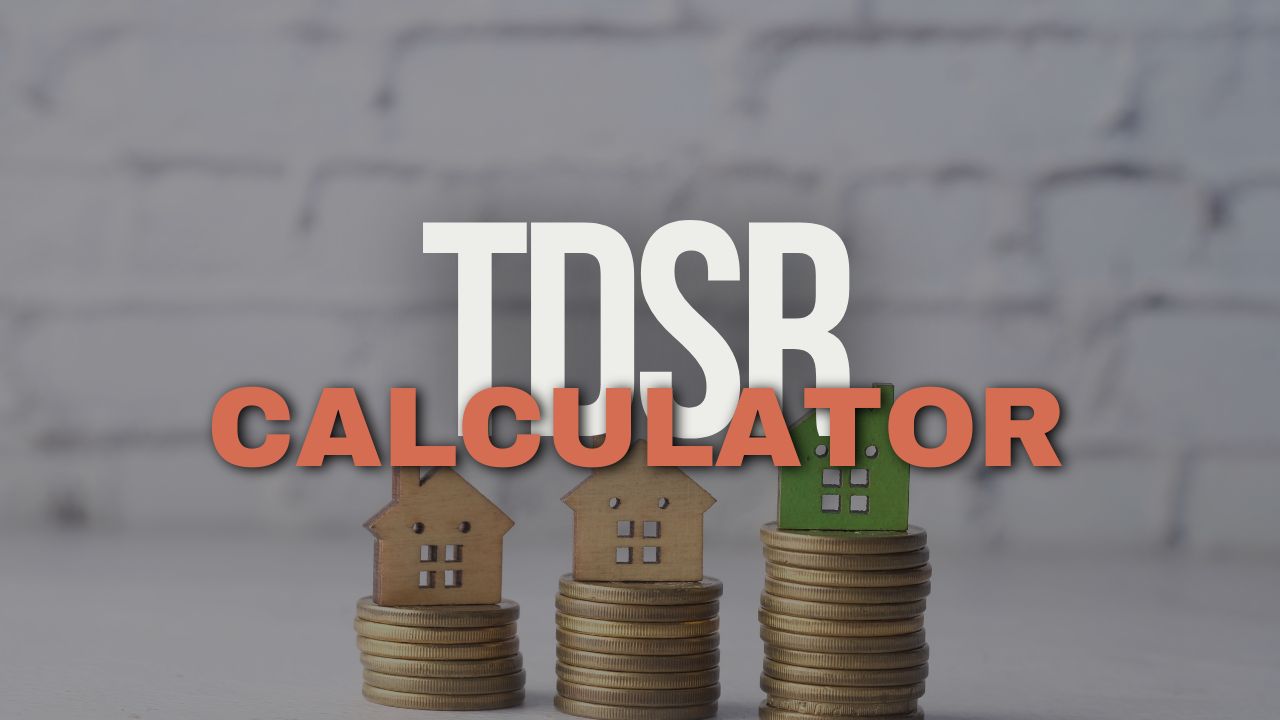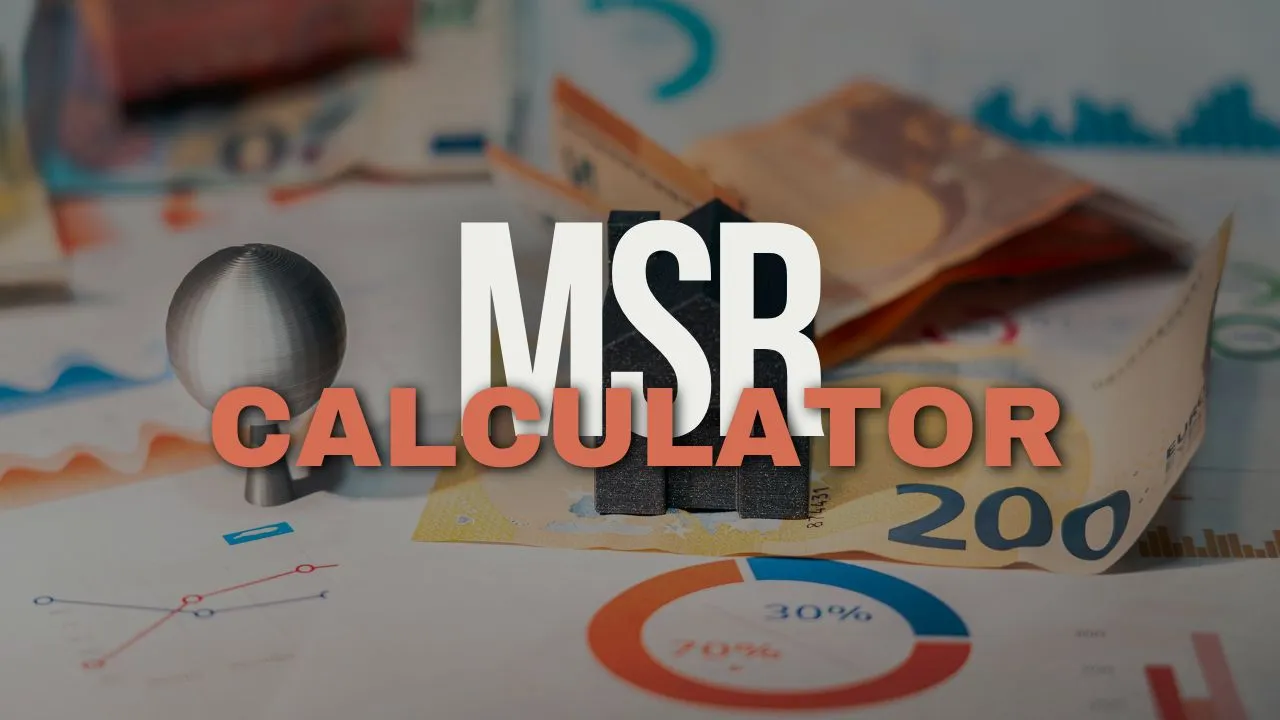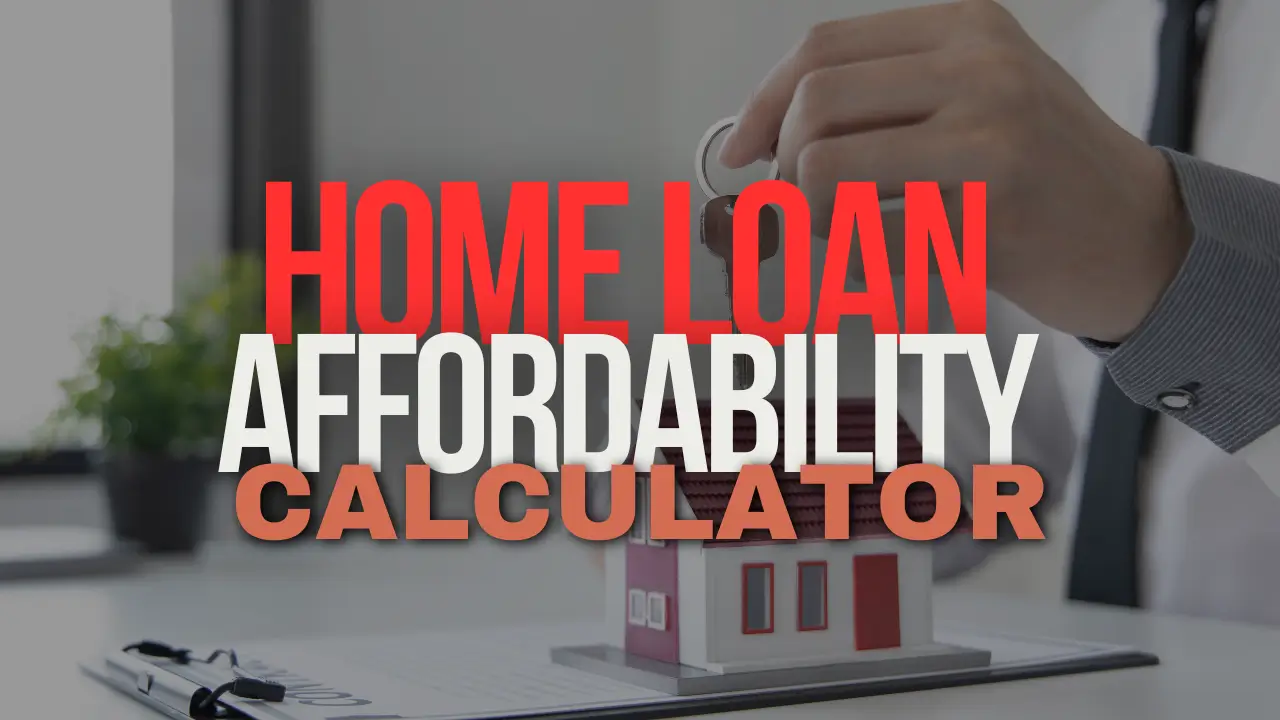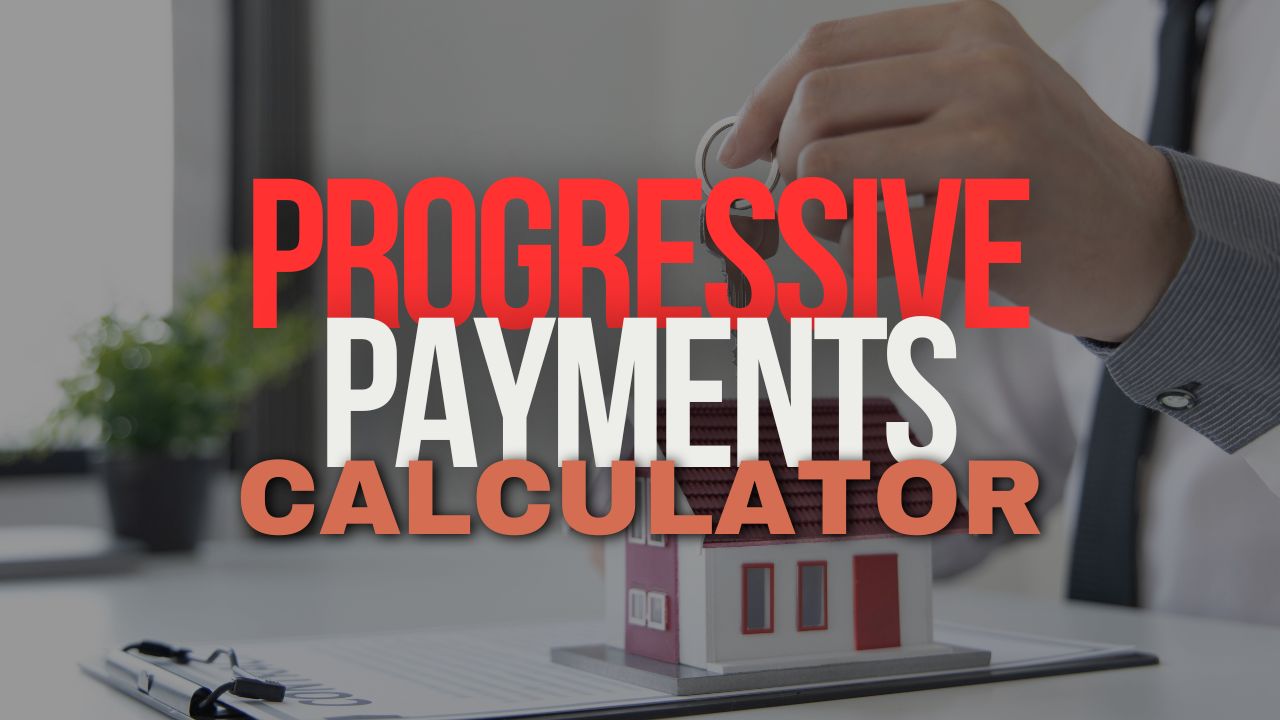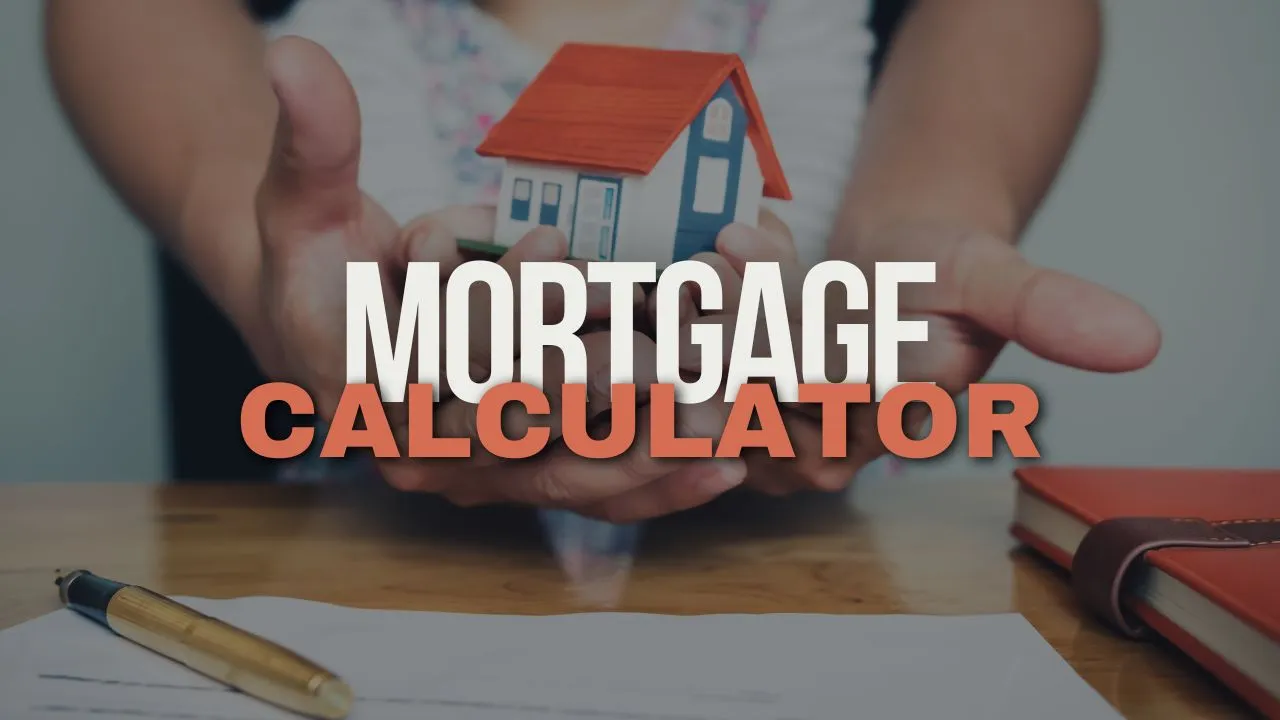Home Loan Affordability Calculator
Home Loan Affordability Calculator
Disclaimer: This calculator provides estimates based on general guidelines and assumptions. Actual loan eligibility and property affordability may vary based on individual circumstances, bank policies, and current market conditions. Please consult with a mortgage specialist for personalized advice.
Maximise Your Home Buying Potential with a Home Loan Affordability Calculator
Did you know that using a mortgage affordability calculator can significantly enhance your home buying journey in Singapore? By inputting your financial details, such as monthly payments and credit card obligations, you can gain clear insights into the loan amounts you can afford.
This not only sets a personal budget for your mortgage but also empowers you to compare different mortgage options, whether fixed or variable rates, ensuring you make the most informed decision for your property investment.
Home loan affordability calculator for determining mortgage options and monthly payments in Singapore.
Understanding the Importance of a Mortgage Affordability Calculator in Singapore
Navigating the world of home buying can seem daunting, but one of the most vital tools at your disposal is a mortgage affordability calculator. This calculator helps you determine how much you can afford to borrow against your future property and gives you a clear picture of your monthly payments based on various factors related to your financial situation.
Calculating Your Buying Power
Using a mortgage affordability calculator helps you visualize your buying power in the ever-evolving Singaporean property market. By inputting your financial details—such as your income, expenses, and existing debts—you can estimate the maximum loan amount you could secure.
This insight is crucial for setting realistic expectations and helps you avoid the disappointment of falling in love with a property that’s out of reach.
Moreover, understanding your potential loan amount allows you to plan better and makes negotiating with banks more straightforward. A well-informed buyer is often viewed more favorably by lenders, as it signifies financial responsibility and preparedness.
Assessing Your Monthly Commitments
One of the key components in determining how much you can afford is evaluating your monthly commitments. A mortgage affordability calculator takes into account not only your income but also your current monthly payments, including:
- Credit card bills
- Car loans
- Any existing mortgage obligations
It’s essential to input accurate figures to get a realistic figure for your affordability. In Singapore, where the cost of living is high, maintaining a balance between your loan payments and other financial responsibilities is crucial.
By accurately assessing these commitments, you ensure that you remain financially stable even after taking on a new mortgage.
Making Informed Decisions
Once you’ve gotten an estimate from your mortgage affordability calculator, it’s time to put that information to use. An informed decision means you can focus on properties within your financial capabilities, rather than guessing which homes might fit your budget.
This targeted approach saves you time and energy while maximizing your chances of securing the perfect property.
Key Factors Affecting Your Loan Affordability in Singapore
Understanding what factors influence your loan affordability in Singapore can significantly impact your home buying journey. Various elements play critical roles in determining how much you can afford, including:
- Your income
- Savings
- Credit score
- The type of mortgage you choose
Income and Employment Stability
Your income is arguably one of the most significant factors when determining loan affordability. Lenders require proof of a stable income to ascertain your ability to make monthly payments.
In Singapore, having a solid employment history and steady income strengthens your position when you approach banks for home loans. If you’re self-employed or have irregular income, it’s essential to present comprehensive documentation to demonstrate your earning capacity.
This can include bank statements and tax returns to prove consistent income over time.
Credit Score Significance
Your credit score is another crucial element in the affordability puzzle. It reflects your creditworthiness and financial responsibility and can significantly influence the interest rates offered to you by lenders.
A higher credit score typically leads to better loan terms, enabling you to afford a more desirable property or secure lower monthly payments.
In Singapore, maintaining a good credit score involves responsible management of all your debts. This includes making payments on your credit cards, car loans, and any existing mortgages on time.
By regularly checking your credit reports, you can identify areas for improvement and take proactive steps to enhance your score, thereby increasing your mortgage affordability.
Future Financial Planning
While the immediate factors directly affecting your home loan affordability are crucial, it’s also essential to consider your future financial plans.
Are there major life changes on the horizon, such as:
- Starting a family
- Changing jobs
- Taking on more debt
Understanding these factors can help you make more informed decisions about how much you can afford without compromising your future financial health.
By inputting reasonable assumptions into your mortgage affordability calculator, you can simulate various scenarios, allowing you to prepare for potential future changes while keeping your mortgage within manageable limits.
As you aim to secure your dream home, utilizing a mortgage affordability calculator can offer clarity and direction amidst the complexities of financial planning. Stay tuned for the next sections, where we’ll explore effective ways to use this tool and help you budget for your home purchase while considering the impact of credit and different mortgage options.
![ Home loan affordability calculator for maximizing mortgage potential in Singapore, considering income, debt, and loan tenure. ]()
How to Use a Home Loan Affordability Calculator Effectively
When considering the purchase of a new home, one of the most essential tools at your disposal is a home loan affordability calculator. This financial tool is designed to help you estimate how much you can afford to borrow, considering your income, existing debt, and various other factors.
Understanding how to use this calculator effectively can significantly enhance your home buying journey.
Inputting Essential Information
To get started, you need to input several key pieces of information into the calculator. Typically, this includes:
- Your monthly income
- Existing debts
- Other financial commitments, such as personal loans or a car loan
If you’re currently paying for an HDB (Housing and Development Board) housing unit, it’s essential to factor in those repayments as well.
Additionally, you’ll need to consider the loan tenure. A longer tenure generally results in lower monthly payments, but you’ll pay more in interest over the life of the loan. Conversely, a shorter tenure increases your monthly payments but reduces the total interest paid.
Adjust these parameters to see how they impact your maximum borrowing capacity and monthly repayment amounts.
Understanding the Results
Once you’ve inputted your information, the calculator will provide you with an estimate of how much you can borrow and what your monthly payments might look like.
Pay attention to the total repayment amount, including interest. This holistic view allows you to understand the full cost of your loan, which is vital for making informed decisions about which house to buy.
Remember, the monthly payments calculated are based on your input, so ensure your figures reflect your actual financial situation.
If your income changes or you incur new debts, return to the calculator to reassess your affordability. This proactive approach allows you to maintain a realistic perspective throughout your buying process.
Setting a Personal Budget: Maximizing Your Mortgage Potential
With the insights gained from the home loan affordability calculator, setting a personal budget is the next step in maximizing your mortgage potential.
A well-structured budget can provide clarity and help you stay grounded in your financial commitments while pursuing your dream home.
Evaluating Your Income and Expenses
Begin by taking a detailed look at your monthly income and expenses. Categorize your regular outgoings, such as:
- Rent
- Utilities
- Groceries
- Transport costs
- Leisure activities
By identifying your total monthly expenses, you’ll have a clearer picture of how much extra cash you can allocate towards housing costs.
Your budget should factor in not just the expected repayment for the house but also property taxes, insurance, maintenance, and other homeownership costs.
Next, evaluate your current debt situation. If you have outstanding liabilities—such as a car loan or credit card debt—these will impact your affordability.
A lower debt-to-income ratio can boost your mortgage potential, allowing you to borrow more while ensuring your monthly payments remain manageable.
Consider adjusting your spending habits to reduce existing debt before applying for a mortgage.
Creating a Buffer for Unexpected Costs
After establishing a baseline budget, it’s prudent to create a buffer for unexpected expenses.
Homeownership can come with unforeseen costs, like repairs or emergencies, which can disrupt your financial planning.
Setting aside a portion of your income in a savings account specifically for these situations provides an additional safety net and peace of mind.
Moreover, consider potential changes in your financial landscape. If you anticipate changes in your monthly income—whether through a new job, larger expenses, or reduced working hours—factor these into your budget as well.
Flexibility is crucial in home buying, as the financial landscape can shift unexpectedly. By preparing for potential changes, you’ll enhance your ability to navigate through your mortgage commitments without falling into financial stress.
Aligning Your Budget with Your Home Goals
Lastly, your personal budget should align closely with your home goals.
Once you understand how much you can afford and how to manage your finances, you can begin to explore homes that fit within this budget.
Remember, while it may be tempting to stretch your finances for your ideal residence, it’s critical to remain financially sound in these decisions.
Your ultimate goal is to find a home that not only fulfills your lifestyle aspirations but also fits comfortably within your budget.
With the effective use of a home loan affordability calculator and a well-planned budget, you’ll be well on your way to securing a mortgage that truly reflects your financial capabilities and future aspirations.
Being equipped with the right tools and knowledge empowers you to take charge of your home buying journey, ensuring that you step into homeownership without compromising your financial well-being.
As you move forward, always keep in mind that your financial health today can impact your happiness in your new home tomorrow.
![ private, condo, executive, mortgage calculator, international, policy, personal loan, renovation, log, gross, contact, online, deposit, finance, menu, logo, login, sign, learn ]()
The Impact of Credit and Monthly Payments on Loan Affordability
When it comes to assessing your loan affordability, your credit score plays a pivotal role in determining not only the amounts you can borrow but also the interest rates that lenders are willing to offer.
It is imperative that you understand the intricacies of how your credit and monthly payments affect your overall loan affordability.
Understanding Credit Scores
Your credit score is a reflection of your financial history and behavior, and it influences your ability to secure a home loan.
Banks and other financial institutions use this score to gauge the level of risk involved in lending you money.
Higher credit scores generally indicate a strong financial history, which can lead to lower interest rates on your mortgage. Conversely, if your score is significantly lower, you may face higher rates or even rejection for a loan.
To maximize your home buying potential, you should regularly check your credit report and take steps to improve your score if needed. This can include:
- Paying off outstanding debts
- Ensuring timely payments on your current obligations
- Reducing your credit utilization ratio
Doing so will position you more favorably when it’s time to approach lenders for mortgage options.
Monthly Payments and Their Influence
Your monthly payments are the most apparent factor in your loan affordability assessment.
These payments will impact not only your financial stability but also your long-term budgeting and spending capabilities.
When you calculate how much you can afford, consider using a home loan affordability calculator. This tool allows you to input various parameters, including your income, expenses, and the potential interest rates for different loan types.
Bear in mind that housing costs encompass more than just the mortgage repayments.
Including property taxes, insurance, maintenance, and potential renovations in your overall budget will paint a clearer picture of what you can comfortably afford each month.
As you assess your finances, it becomes clear that a monthly payment that’s a stretch could jeopardize your financial health and long-term goals.
Balancing Affordability and Lifestyle
It’s important to strike a balance between what you can afford and maintaining a lifestyle you enjoy.
After evaluating your credit and monthly payment capabilities, consider other financial obligations you might have, such as savings goals or travel plans.
Using the information gathered from your affordability calculator can help guide you in understanding how much you can allocate toward housing costs without compromising those other aspects of your life.
Ensure that your calculated monthly repayments allow you to set aside funds for other essential categories, including:
- Retirement savings
- Possible renovations for your new home
Securing a home that fits within your budget not only supports your immediate housing needs but also contributes to your long-term financial health.
Comparing Different Mortgage Options: Fixed vs. Variable Rates
One of the most crucial decisions you must make when acquiring a home loan is whether to choose a fixed or variable mortgage rate.
Each option comes with its own set of advantages and consequences that can significantly affect your financial position over time.
Fixed-Rate Mortgages: Stability and Predictability
A fixed-rate mortgage locks in your interest rate for the duration of the loan, making your monthly payments stable and predictable.
For many buyers, this is a comforting choice as it allows you to plan your finances without worrying about rising interest rates.
In a rising interest rate environment, a fixed mortgage becomes particularly advantageous, as it protects you from increased repayment burdens.
Moreover, the predictability of fixed-rate mortgages makes it easier to budget for your mortgage repayment. Your monthly repayment amount would remain the same for the entire tenure of the loan, thus helping you manage your monthly spending and maintain financial discipline.
Variable-Rate Mortgages: Potential for Savings
On the other hand, choosing a variable-rate mortgage can offer lower initial payments.
These types of loans are typically pegged to a benchmark interest rate, often resulting in lower monthly payments at the outset.
However, it’s essential to recognize that these payments can fluctuate over time as interest rates change. This variability means your repayment costs might increase, leading to unpredictable financial commitments.
While such mortgages may be appealing in terms of immediate savings, they do carry inherent risks. If the rates increase significantly, your monthly repayments could reach a point that strains your budget, particularly if you have other financial obligations.
As you consider this option, think about your long-term plans and your tolerance for risk.
Making an Informed Decision
When evaluating whether a fixed or variable-rate mortgage is best for you, it is vital to consider your individual circumstances, including:
- Current financial position
- Long-term goals
- Market outlook
A home loan affordability calculator can assist in making this choice by forecasting potential repayments based on different interest rates.
You should also take into account the spending flexibility you might require.
If a variable-rate mortgage fits your current financial landscape, it can be an option worth exploring. Conversely, if you prefer the assurance of fixed payments, opting for a fixed-rate mortgage may ensure stability in your budget for years to come.
As a prospective homebuyer in Singapore, understanding these elements can significantly enhance your ability to seize opportunities in the housing market.
By thoroughly evaluating the impact of credit and monthly payments, alongside comparing mortgage options, you are placed in a prime position to maximize your home buying potential.
With thoughtful planning and the strategic use of affordability calculators, you can make informed decisions that align with both your lifestyle and financial aspirations.
Disclaimer: This information is provided for informational purposes only. PropsBit.com.sg does not endorse or guarantee its relevance or accuracy concerning your situation. While careful efforts have been taken to ensure the content’s correctness and reliability at the time of publication, it should not replace personalised advice from a qualified professional. We highly recommend against relying solely on this information for financial, investment, property, or legal decisions, and we accept no responsibility for choices made based on this content.


